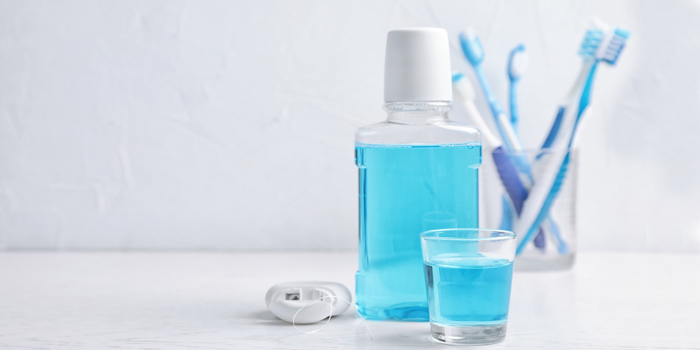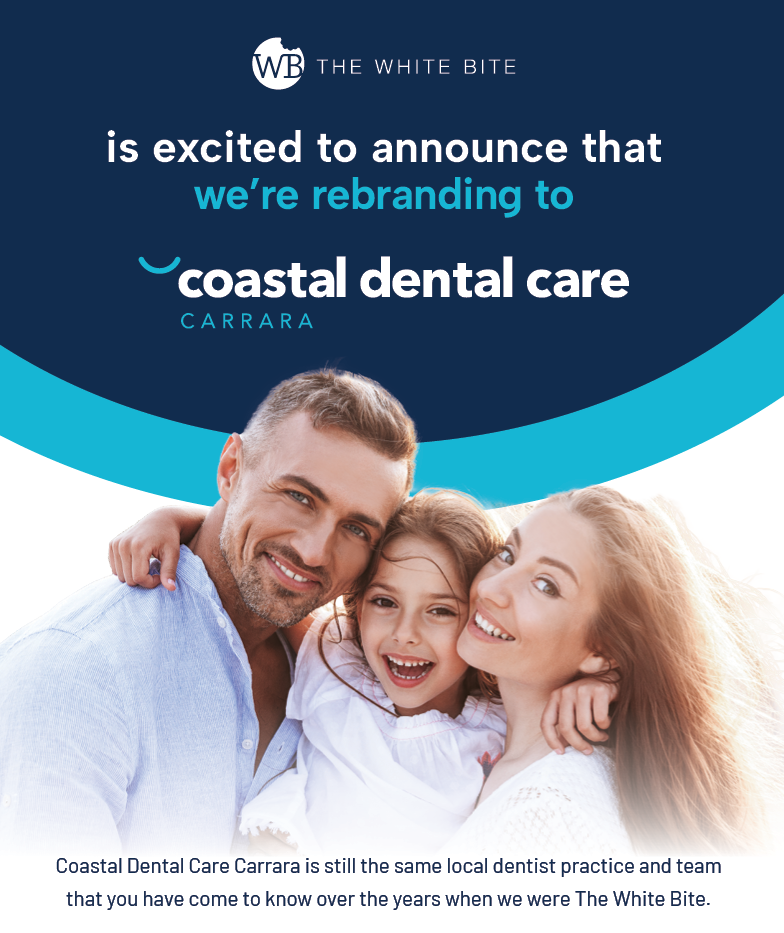The world is facing a challenging time. The Covid-19 pandemic has affected most individuals and businesses and our Coastal Dental Care practices are no exception. Nevertheless, we promised to embrace our values and be here for the community when you need us.
The Australian Health Protection Principal Committee (AHPPC) recommended to all Australian dental practitioners to follow guidelines by the Australian Dental Association (ADA). This includes level 1 restrictions which are currently in place.
For our patients, this means we can now provide all regular dental treatment. These also include your preventative check-up and clean appointments. For the complete list, please check the ADA dental restriction levels.
There also are several ways how you can take care of your oral health in the safety of your own home. Our team has put together 7 tips on how you can take care of your teeth during the Covid-19 pandemic.
1. Maintain an Excellent Oral Health Care Routine
Make sure you brush your teeth with a soft-bristled toothbrush at least twice a day for a minimum of two minutes. You should do this as soon as you get up in the morning and right before you go to bed. When brushing your teeth, ensure to spend equal amounts of time in each quadrant of your mouth and clean the front and back of your teeth. Always brush your teeth gently in a circular motion. If you have trouble with your children brushing their teeth, we have some helpful tips on how to brush your teeth for kids.
Pro Tip: Electric toothbrushes are great because they usually have built-in timers. If you are using a manual brush, try to keep a small timer in the bathroom or use your smartphone.
2. Replace your toothbrush regularly
Many people forget to replace their toothbrushes. You should start using a new toothbrush at least every three months and also after you were sick. If your toothbrush starts to look worn, replace it as soon as possible. And old or worn toothbrush doesn’t clean your teeth effectively and increases the risk for arising dental problems such as decay.
3. Flossing is a Must
Flossing removes food particles and plaque that has built up between your teeth. If these particles stay on your teeth, bacteria will increase throughout the night. Flossing only at night is fine for most people, but if you are prone to gum disease or tartar build-up, we recommend that you floss twice a day. Find more information on how to floss in our blog post.

4. The use of mouthwash
Mouthwash, also known as oral rinse, is a liquid product used to rinse your teeth, gums, and mouth. It usually contains an antiseptic to kill harmful bacteria that can live between your teeth and on your tongue.
Rinsing with a mouthwash twice a day will help reduce plaque, freshen your breath and assists reducing cavities. In addition, it can help to keep your gums safe from gingivitis. For mouthwash recommendations, please ask your dentist at your next visit.
5. Stay hydrated
Drinking plenty of water every day helps us to stay healthy. It is generally recommended for a healthy adult to drink 1.5l of water per day.1 Water is the major component of your saliva which fights bacteria. It also helps to neutralise the acid that causes tooth decay and washes away excess food particles and bacteria.
Furthermore, water keeps the soft tissues of the mouth moist and healthy and helps fight bad breath.
6. Be aware of teeth grinding
Teeth grinding can be a result of stress, anger, concentrating or feeling anxious. Many people grind their teeth during their sleep and do not even realise that they do so.
If you experience worn tooth enamel, increased tooth sensitivity, or torn cheek tissue, you may be grinding your teeth in your sleep.
Although dentists can’t stop you from grinding your teeth, we can make a special mouthguard (bite splint) to wear at night. This prevents you from wearing down your teeth. In most cases, a splint will only help with the symptoms and will not stop you from grinding altogether.
7. Diet and lifestyle tips
Frequent snacking and indulging in sweet foods and drinks such as lollies, soft drink, biscuits, chips and even dried fruit can cause acid attacks on your tooth enamel. Sugary foods that are sticky and chewy take longer to be cleared from the mouth and can therefore increase your risk of tooth decay. Remember to drink plenty of water after having sugary foods and brush your teeth if possible. Sugar-free chewing gum can also help to increase saliva production and remove any remaining food particles from your teeth.
In general, try to reduce the overall number of snacks you have to keep cavities at bay.
Book an emergency appointment today
During these challenging times, our team from Coastal Dental Care is here for you. All of our practices are open. We constantly update our practices’ page to reflect any changes to opening hours.
In addition, you can follow our practices on Facebook or Instagram to stay up to date with the latest developments.
You can book an appointment online 24/7 or contact our practices via phone call or contact us enquiry.
Bibliography:
- Jéquier, E., Constant, F. Water as an essential nutrient: the physiological basis of hydration. Eur J Clin Nutr 64, 115–123 (2010). Retrieved on 20.04.2020 from https://www.nature.com/articles/ejcn2009111


